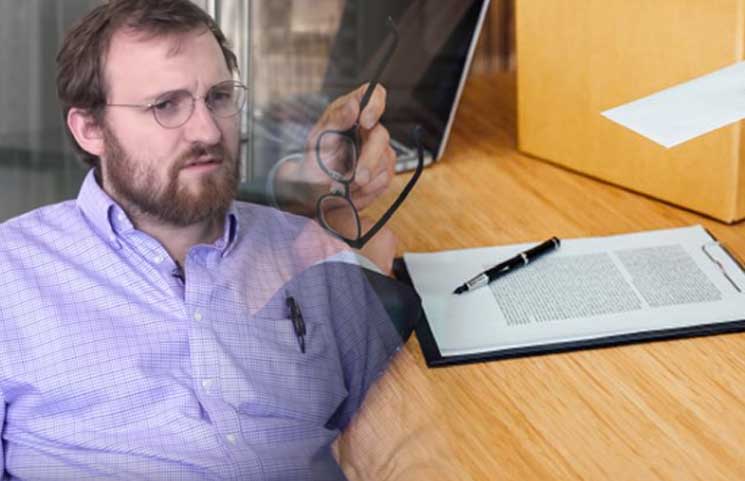
This would be the same ranch Bigelow had already bought after reading a story in a Utah newspaper about how the property was teeming with UFOs, including one "huge ship the size of several football fields."ĭoes this sound familiar? If so, that's because in recent weeks, a number of similar hard-to-fathom, evidence-free UFO claims have echoed without challenge through the halls of Congress and all over television networks. And that’s how we end up with the Department of Defense giving Robert Bigelow $22 million from 2008 to 2011 to investigate UFOs, werewolves and poltergeists (seriously) on a Utah ranch. That's how we end up with people in government-funded programs who claim they can bend spoons with their minds or walk through walls. A University of Arizona psychology professor attracted criticism in recent years for taking money from the Pioneer Fund, founded in 1937 by textiles magnate to promote the racist science of eugenics.Įventually, this wacky stuff, be it ESP or UFOs, makes its way to Congress and the Pentagon.


Belief in Martians sprang in large part from a wealthy amateur astronomer, Percival Lowell, who built the observatory that still bears his name. Some of our most illustrious thinkers, such as the eminent psychologist William James, have fallen for it. The dubious field of parapsychology, for instance, owes its existence to the decades of pseudoscholarship churned out at Duke and Harvard University-and financed by wealthy private patrons. Indeed, there is a long tradition of fringe science at prestigious universities. (In recent years, the billionaire has turned his attention and money largely to the afterlife.) A generous benefactor to academia, Bigelow also gave millions to the University of Nevada during the 1990s to study supposed psychic phenomena, such as telepathy, clairvoyance and the possibility of life after death. For example, the Massachusetts Institute of Technology lent its imprimatur to an alien abduction conference in the early 1990s-which Robert Bigelow helped pay for. Unfortunately, much of this nonsense has, at one point or another, been masked with an aura of legitimacy by prestigious institutions. True, but as communication researcher Alexandre Schiele wrote in a 2020 paper for the Journal of Science Communication, what people see about "science" is usually on TV, particularly via sensationalist programming on cable channels such as Discovery and the misnamed History Channel, where viewers are "bombarded with aliens, ghosts, cryptids and miracles as though they are indisputable facts." And they shouldn't go away thinking that." Steve Desch, an astrophysicist at Arizona State University, recently told the New York Times: " What the public is seeing in Loeb is not how science works. It's the latest stunt by Loeb, who also helms a controversial UFO project and previously drew the ire of his colleagues with outlandish claims about the supposedly artificial nature of an (admittedly weird) interstellar comet. Loeb's polarizing claims of finding traces of alien technology and of having a more open-minded and dispassionate approach to fringe science have garnered a truly staggering amount of media coverage, but his peers in the scientific community are rolling their eyes.

The same might be said of Harvard astrophysicist Avi Loeb's recent hunt for evidence of extraterrestrial life off the coast of Papua New Guinea, which cost $150,000 and was funded by cryptocurrency mogul Charles Hoskinson. From a scientific standpoint, all this money seems wasted on a zany quest that is akin to the search for Bigfoot or Atlantis.


 0 kommentar(er)
0 kommentar(er)
